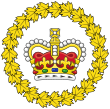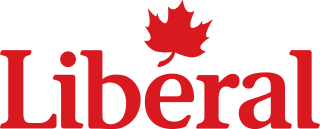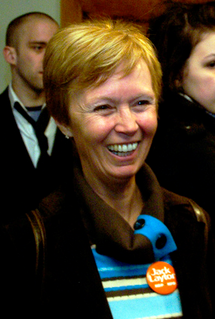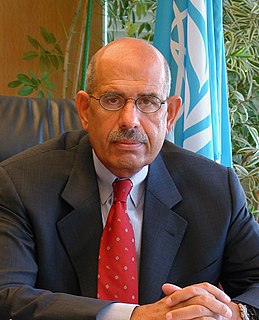 |
|---|
| This article is part of a series on the politics and government of Canada |
| Government |
An interim leader, in Canadian politics, is a party leader appointed by the party's legislative caucus or the party's executive to temporarily act as leader when a gap occurs between the resignation or death of a party leader and the election of a formal successor. Usually a party leader retains the leadership until a successor is formally chosen — however, in some situations this is not possible, and an interim leader is thus appointed by the party's caucus or the party executive. An interim leader may also be appointed while a leader is on a leave of absence due to poor health or some other reason, and then relinquish the position upon the leader's return.
The politics of Canada function within a framework of parliamentary democracy and a federal system of parliamentary government with strong democratic traditions. Canada is a constitutional monarchy, in which the monarch is head of state. In practice, the executive powers is directed by the Cabinet, a committee of ministers of the Crown responsible to the elected House of Commons of Canada and chosen and headed by the Prime Minister of Canada.
Contents
- Practice
- Death in office
- Scandal
- Creation of a new party
- Internal dissension
- Leader defeated in an election
- Internal disorganization
- Leader accepts another position
- Leave of absence
- Political circumstances
- Personal circumstances
- Federal interim party leaders
- Conservative Party of Canada (historic)
- Progressive Conservative Party of Canada
- Canadian Alliance
- Conservative Party of Canada
- Liberal Party of Canada
- Co-operative Commonwealth Federation
- New Democratic Party
- Interim parliamentary leaders
- References
An interim leader has all the rights and responsibilities of an elected party leader, with the exception that the person does not have the discretion to choose the timing of their departure — an interim leader serves only until the party organizes and holds a leadership convention. By virtue of lacking a mandate from the party membership, however, an interim leader is not generally seen as possessing the authority to truly put his or her own ideological and organizational stamp on the party, and is thus effectively limited to a caretaker role in most cases.
In Canadian politics, a leadership convention is held by a political party when the party needs to choose a leader due to a vacancy or a challenge to the incumbent leader.
In politics, a mandate is the authority granted by a constituency to act as its representative.
A caretaker government is a government that rules on a temporary basis, due to the loss of election or a pending transition of power.
There have been a number of instances where instead of a competitive leadership race between multiple candidates, the leadership convention directly ratified the interim leader as the party's new permanent leader, but a convention must still take place in some form.
Ratification is a principal's approval of an act of its agent that lacked the authority to bind the principal legally. Ratification defines the international act in which a state indicates its consent to be bound to a treaty if the parties intended to show their consent by such an act. In the case of bilateral treaties, ratification is usually accomplished by exchanging the requisite instruments, and in the case of multilateral treaties, the usual procedure is for the depositary to collect the ratifications of all states, keeping all parties informed of the situation.
By convention, if a competitive leadership race between sitting members of the party's caucus is taking place, the interim leader should be a caucus member who is not standing as a candidate in the leadership race, so they do not gain unfair advantage in the contest. Generally, an interim leader may also be a candidate for the permanent leadership only if he or she has no other caucus colleagues competing for the leadership; with rare exceptions, this generally occurs only in special circumstances, such as a minor party whose interim leader is also its only caucus member in the legislature.
An interim leader may, if necessary, lead the party into an election, but by Canadian custom, an election is usually not called while one of the parties is in a leadership race.
An interim leader may also assume political roles that would be held by a permanent leader of their party. For instance, if a prime minister or a provincial premier dies in office or resigns suddenly, the interim leader chosen to succeed them also becomes interim prime minister or premier.

















